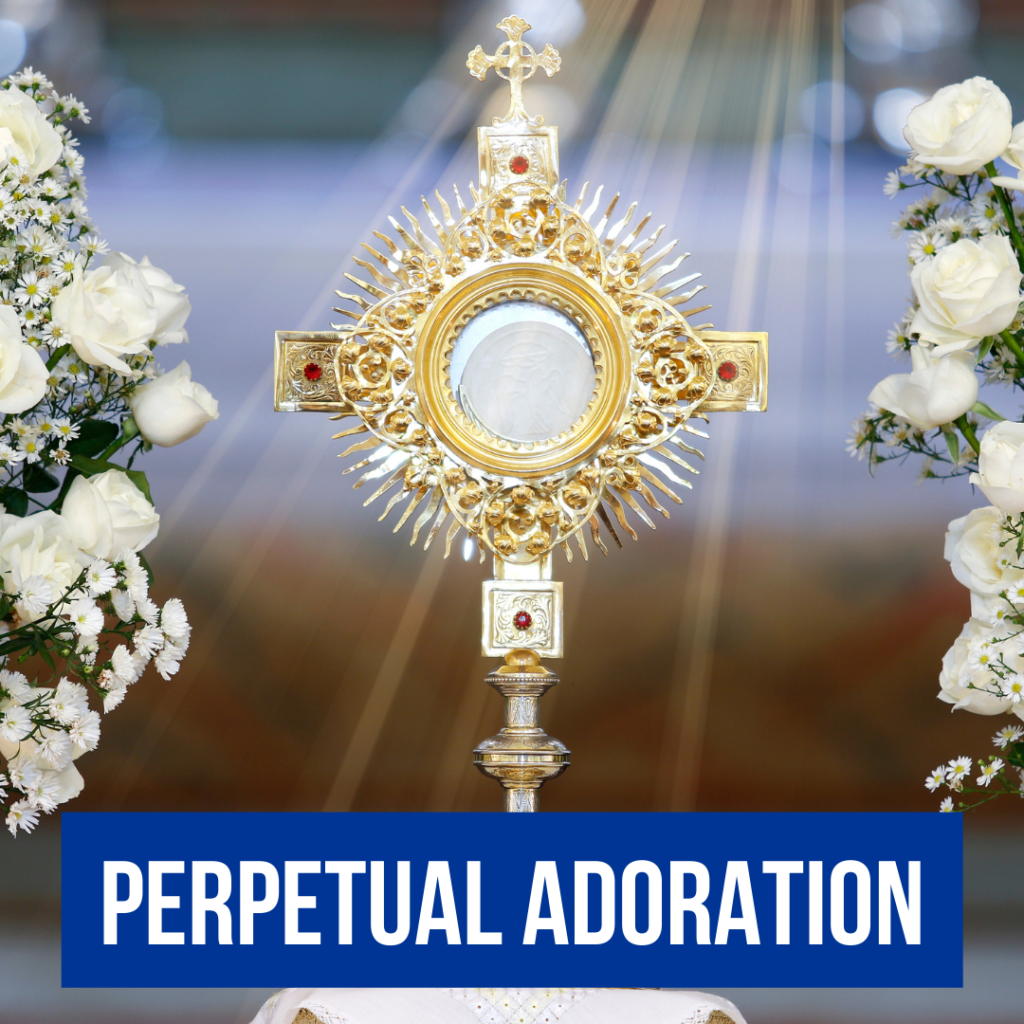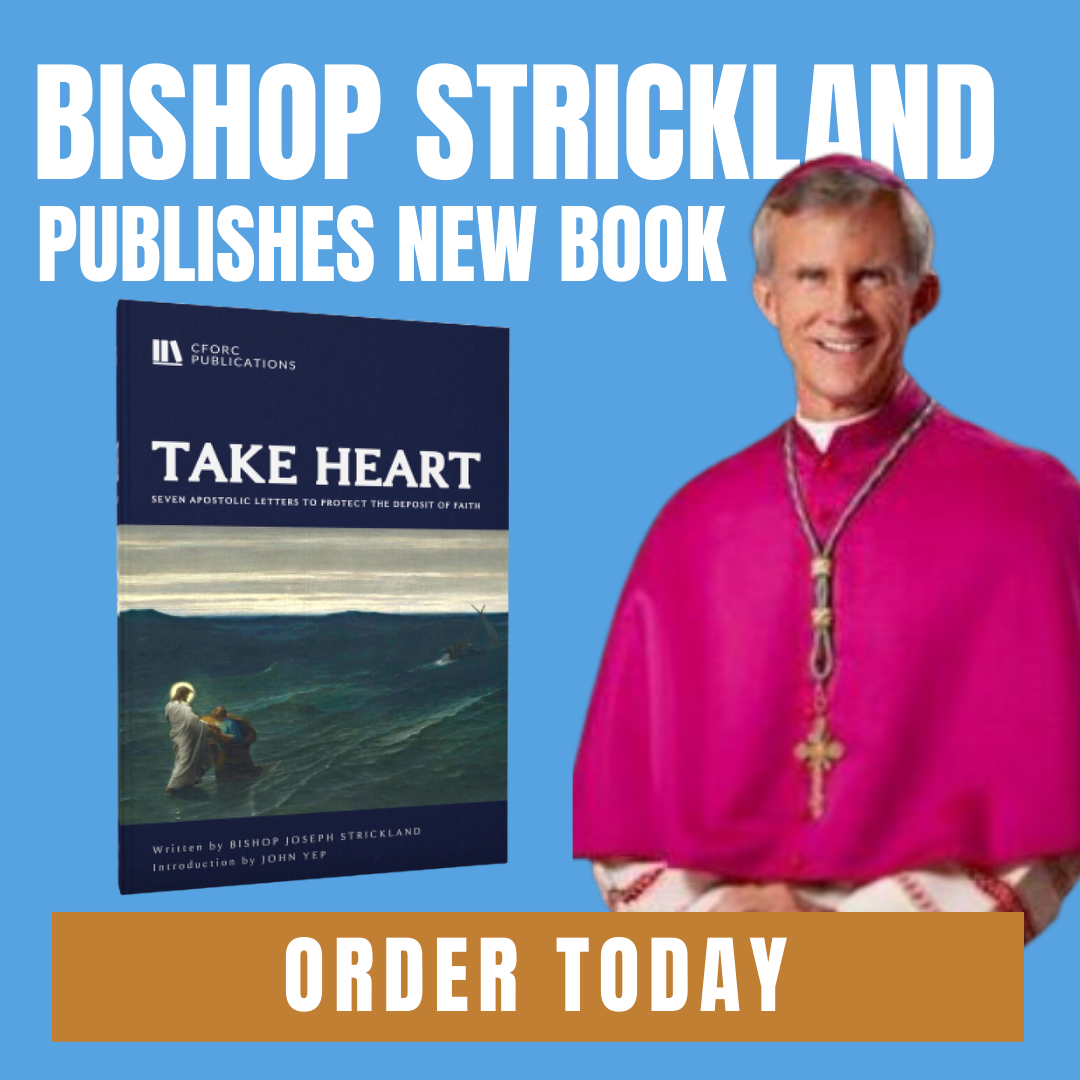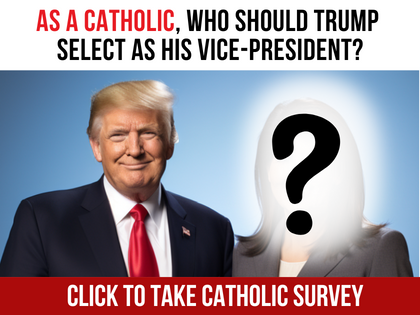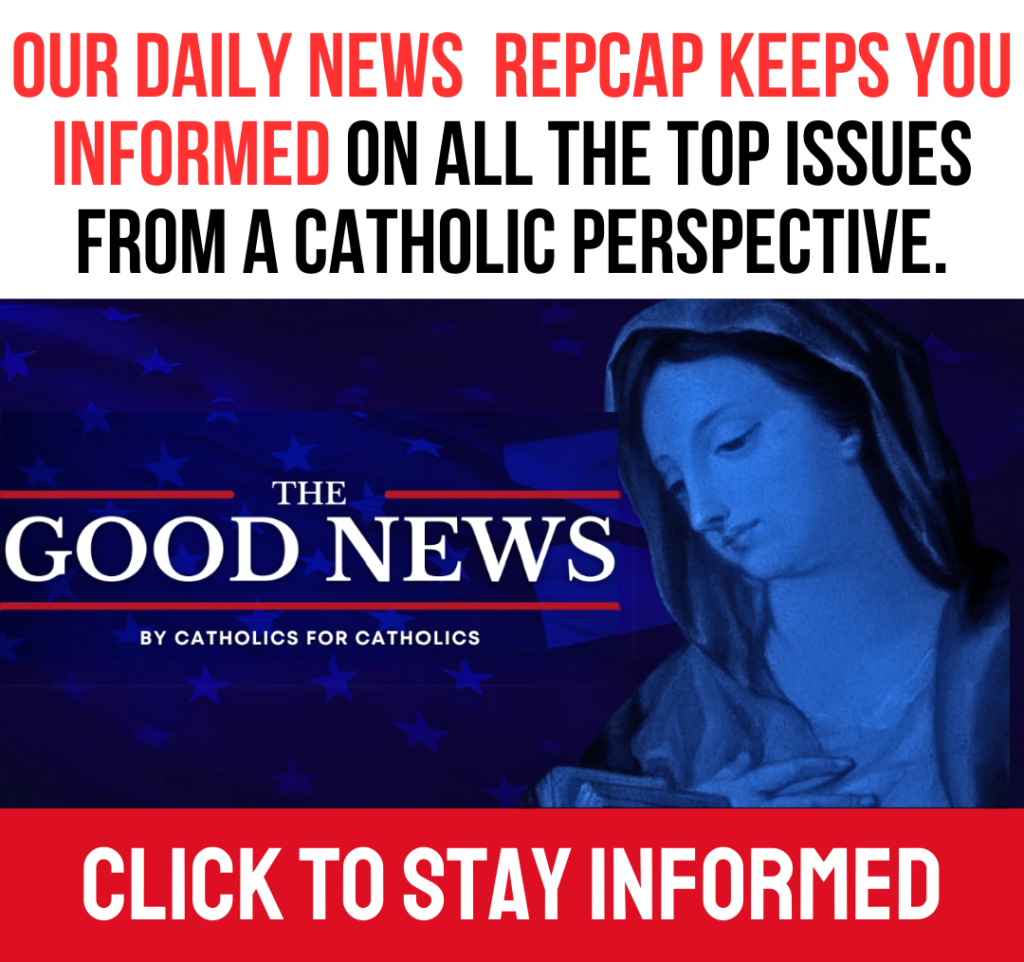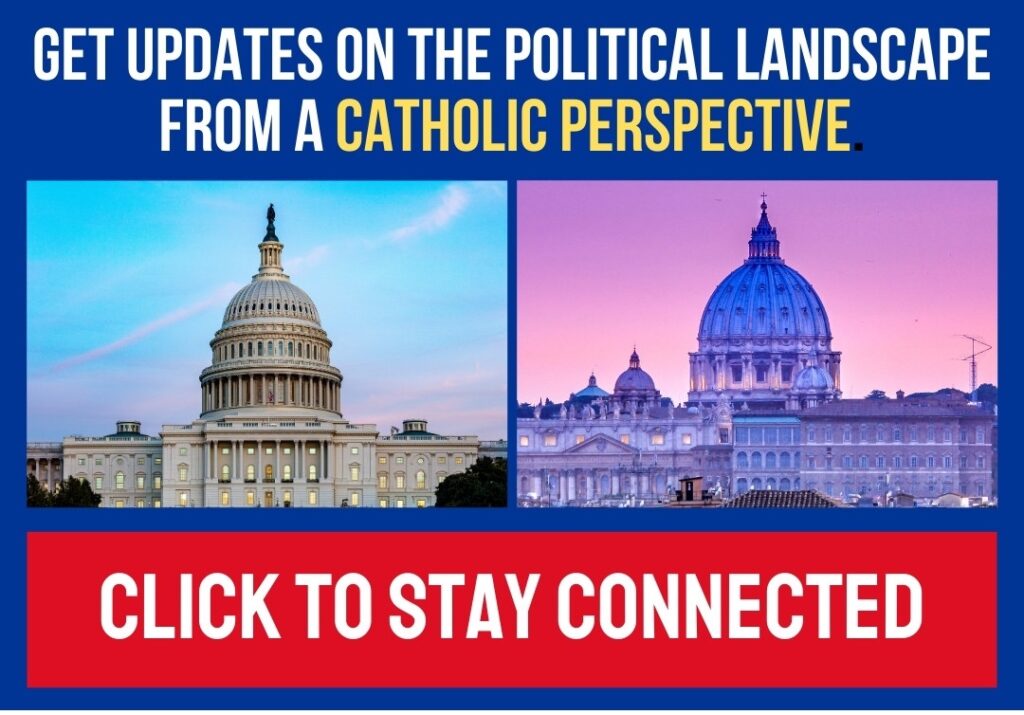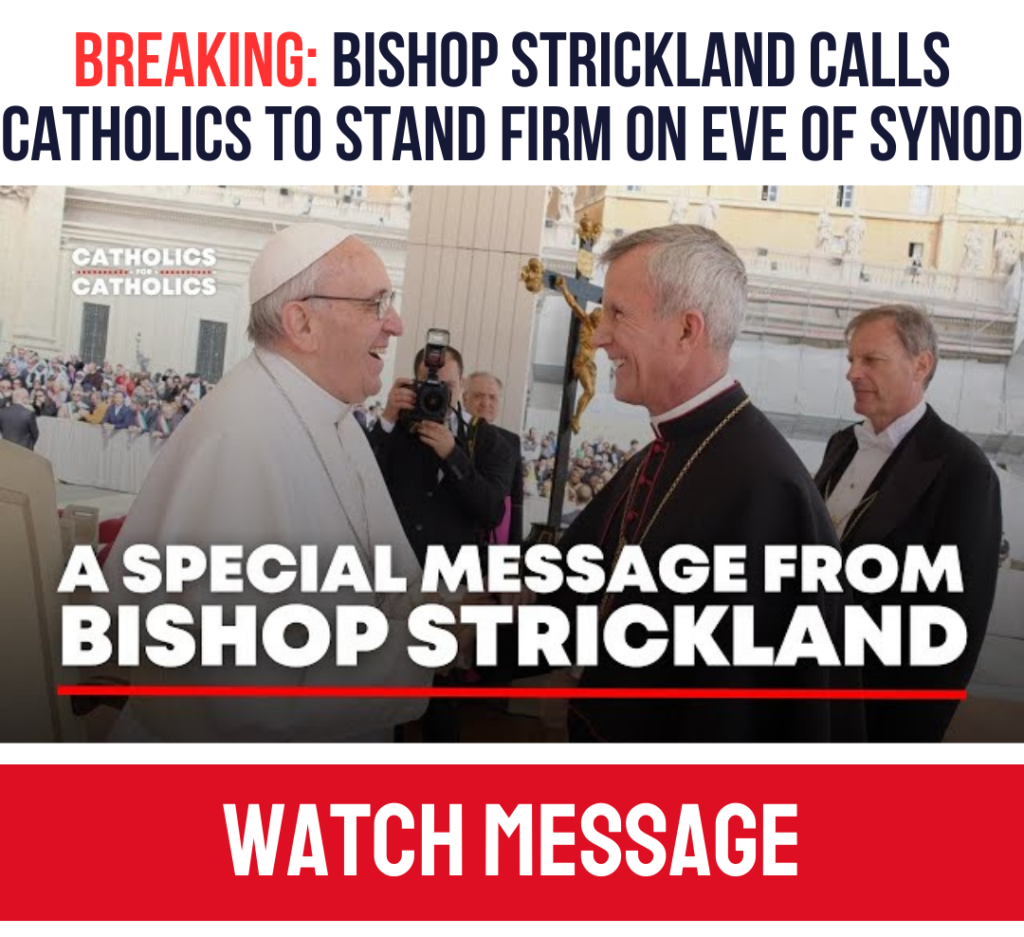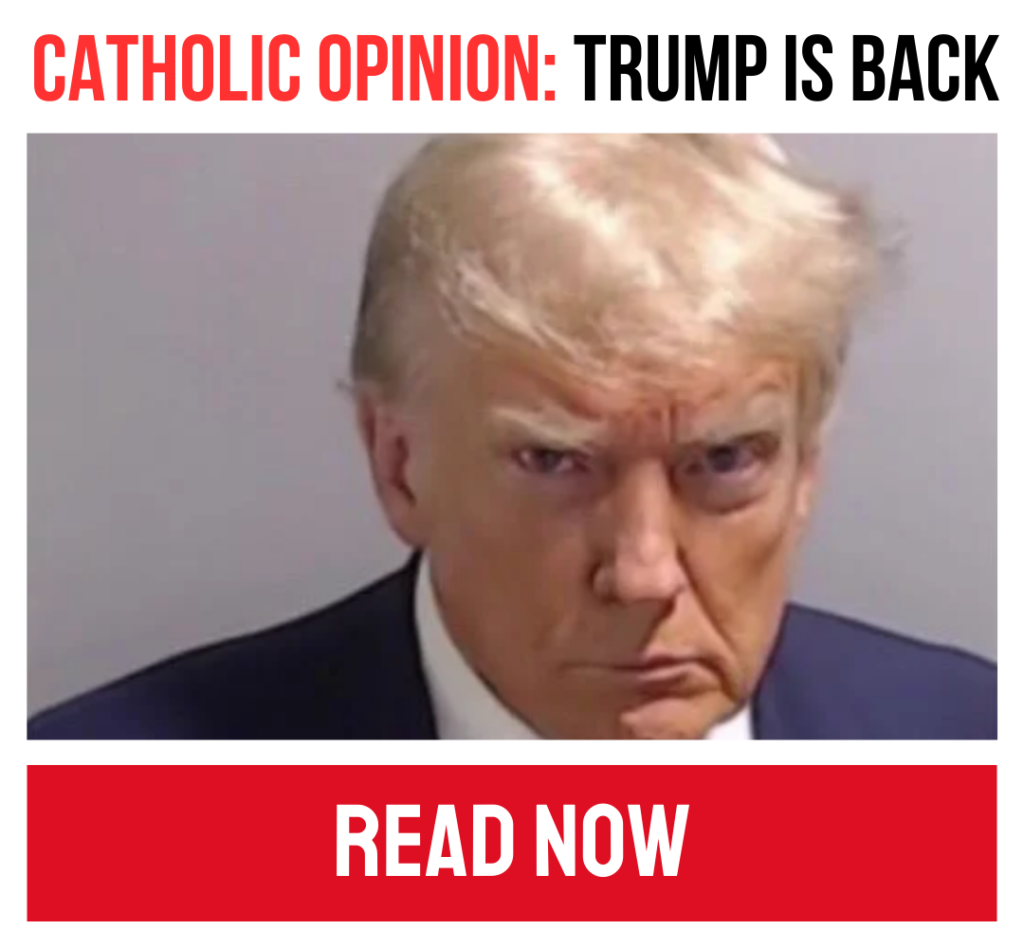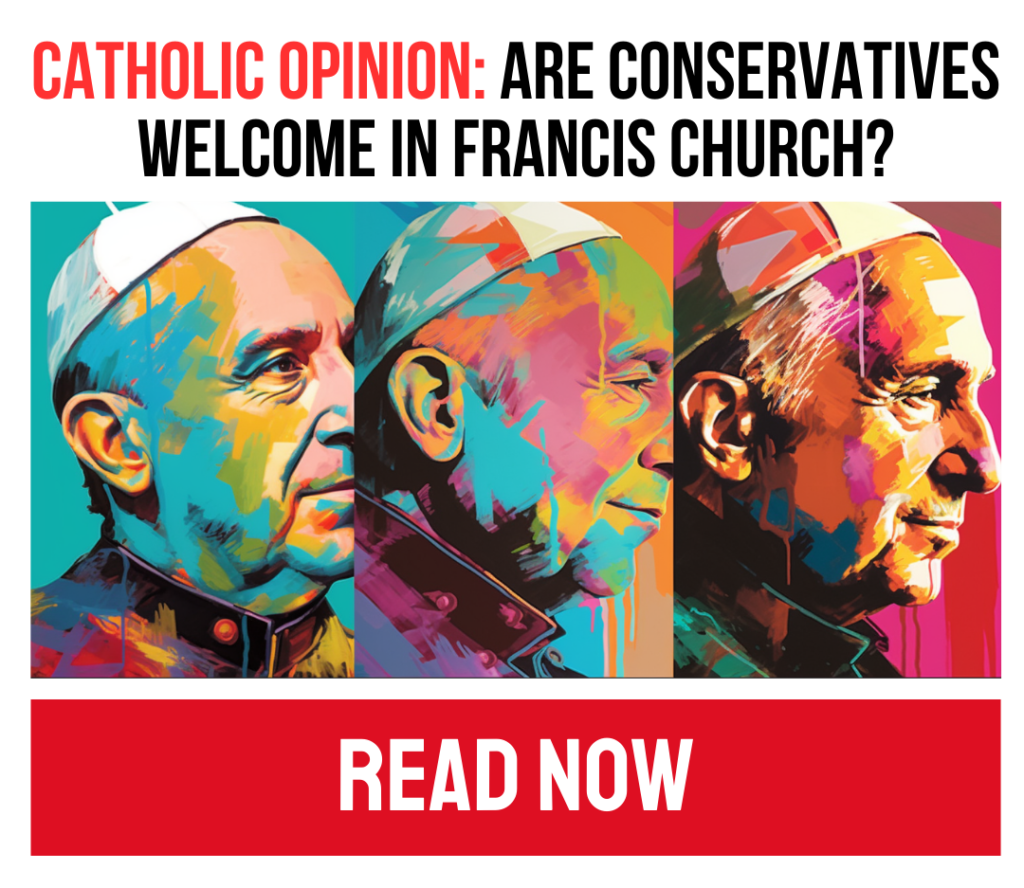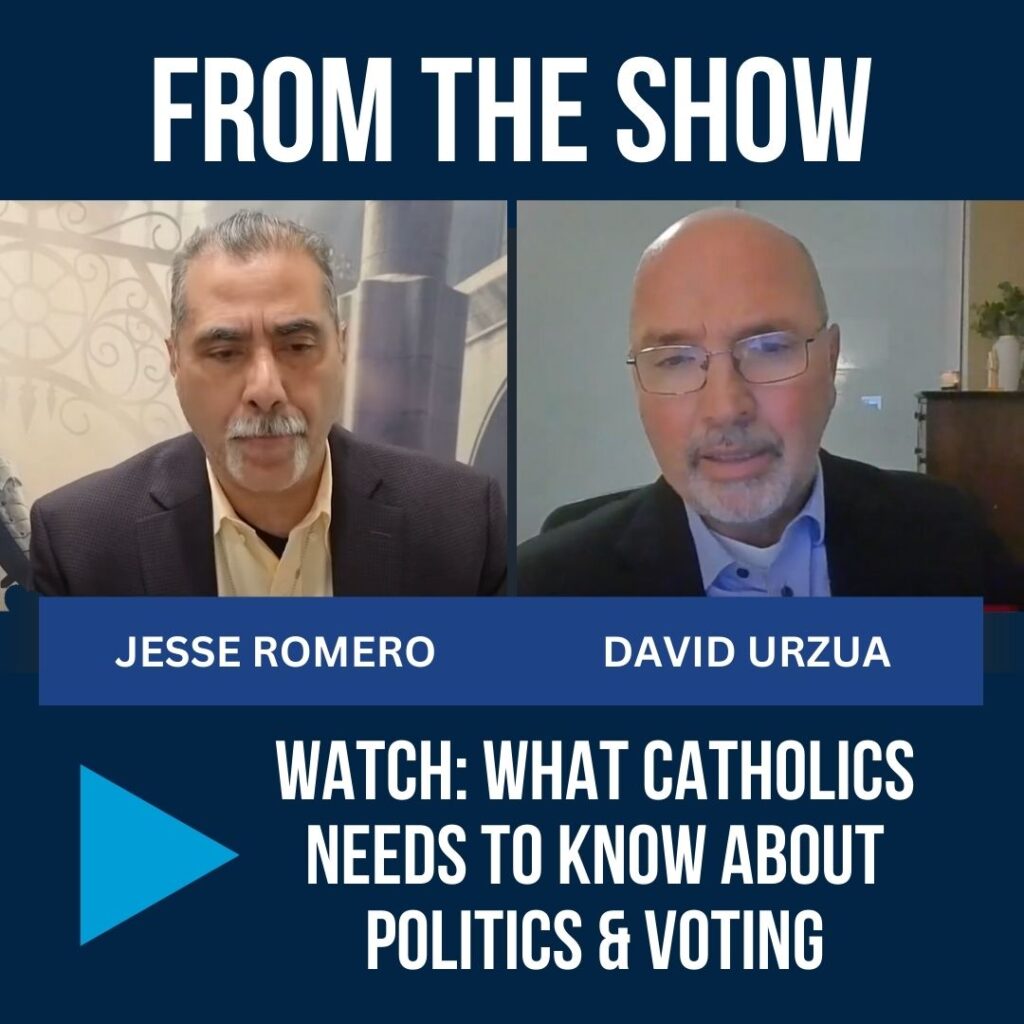What role does the Catholic Church, notably the administrative body known as the United States Conference of Catholic Bishops, play in recommending particular laws within the USA?
- The Catholic Church teaches fundamental truths about human society, civic virtue, and human action. These core principles are universal, unified, and unchangeable. The God-given right to life, the right to raise one’s children, or the right to exercise religion are examples of three such truths.
- These truths do not contradict each other but have different weights as principles. For example, the right to life precedes other rights, such as the right to private property, because it is a prior right without which other rights cannot exist.
- Each bishop has a primary responsibility within his own diocese to uphold and promote these truths. A national bishops’ conference is a deliberative and administrative body whose primary goal is to aid bishops in this task. As Pope Francis said in a recent interview, “Jesus did not create bishops’ conferences” Unlike an Ecumenical Council, it has limited authority beyond that of the member bishops.
- Regarding policy issues, a national bishops’ conference may outline unjust laws, the common good, or moral evils within society. In these cases, the bishop is responsible for speaking clearly within society. Sometimes this ethical analysis leads directly to a clear just law, such as the prohibition of murder.
- In these clear cases, the core truth’s morality and the public policy’s morality contain a one-to-one correspondence. For example, a “born alive bill” that requires medical treatment of a baby born in an abortion facility constitutes a just law. In these limited cases, a national bishop’s conference can directly address the law with little or no reservation. In these cases, Catholic politicians have a responsibility to work for the enactment of this law.
- In most cases, moral principles lead to multiple viable policy alternatives. Such questions depend on core truths and the prudential application of these principles to particular circumstances. For example, regarding immigration, societies must balance competing goods, and policy choices carry second and third-tier implications.
· What would the effect of an open or closed border be?
· Would the rumor of an open border cause a humanitarian or immigration crisis?
· Would immigration beyond a certain point destabilize families or communities on either side of the border?
· Are there second-order evils that would inadvertently arise from a policy, such as increased human trafficking or the enrichment of criminal elements within society?
In these complex cases of prudential judgment, Catholic civic leaders should consider moral principles and make well-reasoned and prudential policy judgments.
Problems with the USCCB Policy Positions
Once we understand this framework of authority and prudential judgment, it becomes abundantly clear that the USCCB’s officially stated Topics: and policy positions represent an unmitigated mess, where core principles of the Faith (which are objectively true) squeeze in with transitory policy judgments. This presentation is done in a manner that is, at best, confusing and, at worst, highly deceptive to voters and legislators alike. Here are some examples taken at random:
- The USCCB has a page that endorses and defends President Biden’s “Executive Order 14013” on increasing immigration targets in the USA. The USCB endorsement states, “As Catholics, we recognize the right to life and innate dignity of every human being and are called to protect and welcome refugees.” This is an assertion from authority with no citation or reference. What are the trade-offs? What bishops or functionaries have deliberated on the prudence of this action? What did they take into consideration? Most importantly, what are the underlying moral principles, and what are the prudential choices?
- Under the topic of Education, the website says: “We support reauthorization of the National School Lunch Program.” But why? Who is ‘we’? The majority of US bishops? A subcommittee of US bishops? A couple of lay administrators of the USCCB? What are the studies— or the prudential trade-offs? Will increased funding come with increased Federal regulation of Catholic schools? Why is the USCCB competent to comment on this?
- The topic “Environmental Justice” has no policy recommendations, just links to a series of discussions of the encyclical Laudato Si. There is also an application for an “advocates program” encouraging students to apply to be interns to learn political advocacy. “The Program equips college-age individuals with skills to advocate for legislation that promotes the integral ecology described in Laudato Si'” What are these policies? Who decides if they are prudent?
- The topic of Criminal and Restorative Justice simply includes a series of short letters endorsing various legislation. There is no discussion of what justice is— or why this neologism (not a traditional Catholic category) has found its way into this list.
Meanwhile, topics such as marriage and the family and pornography have no policy discussions under their links, and challenging subjects on LGBTQ issues, gender “transitioning,” etc., are left unaddressed.
